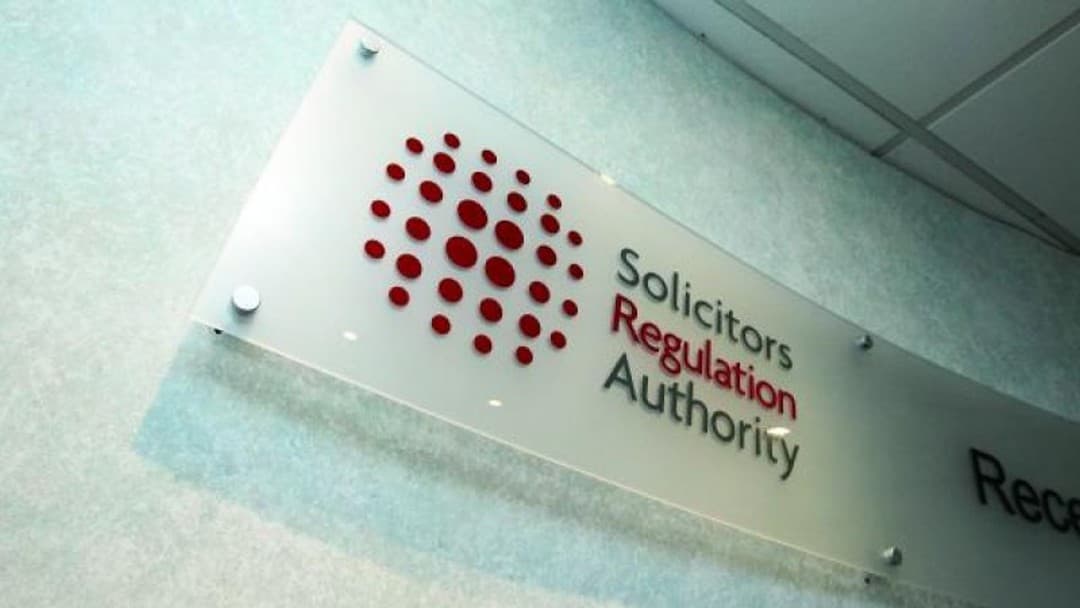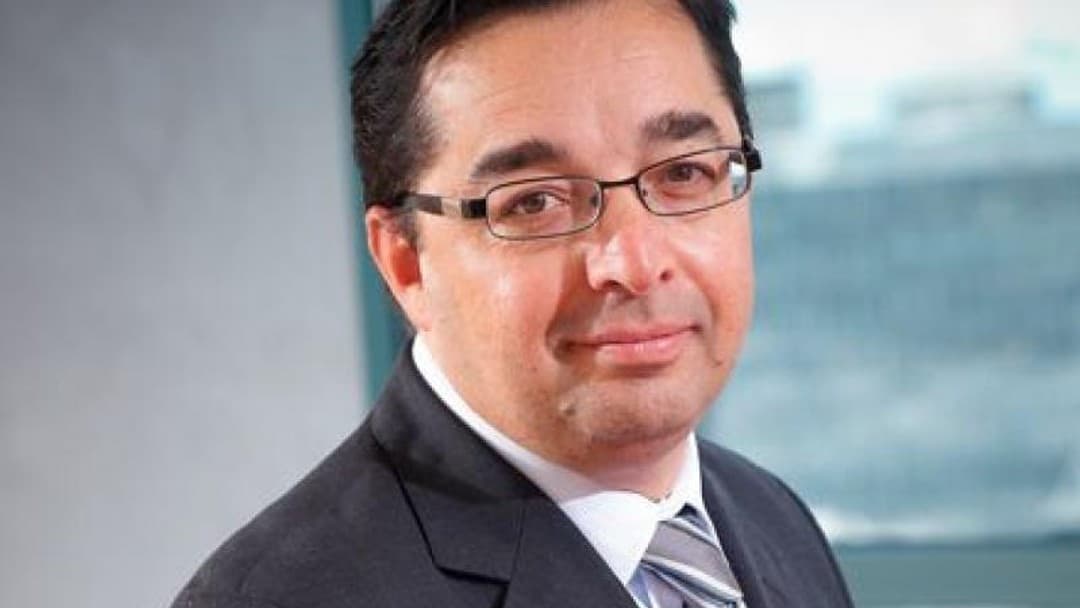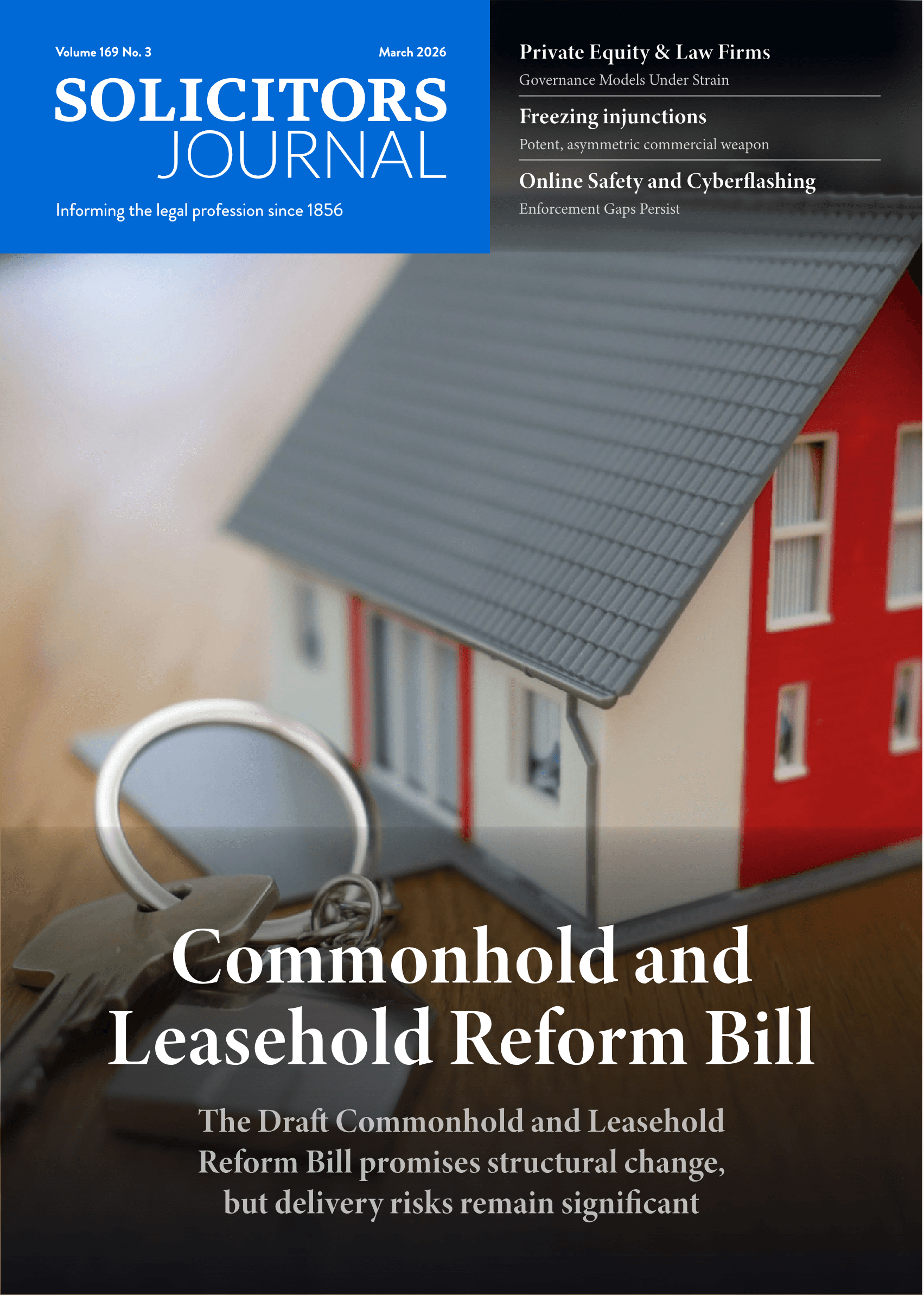
Latest Legal News
Articles


'Expect further transactions', Slater & Gordon says, as it buys Simpson Millar

Why most law firms' internal collaboration systems are doomed to fail

Tenants who make unlawful alterations have no right to enfranchise

SDT strikes off two Wolstenholmes solicitors

Property versus pension: the FAQ

Editor's blog | All together now

